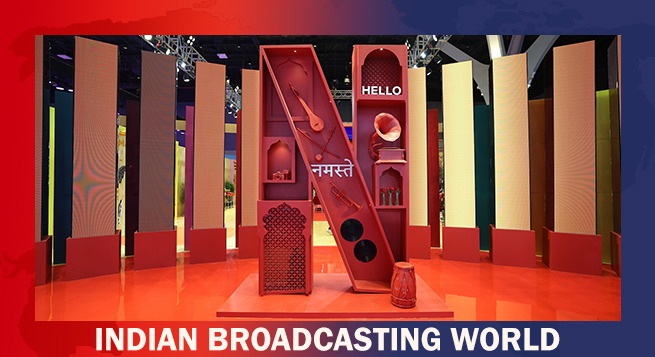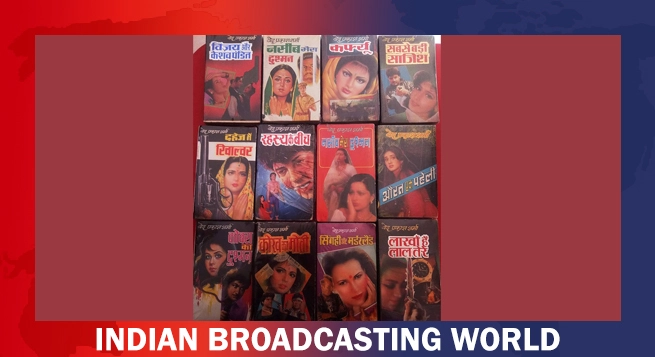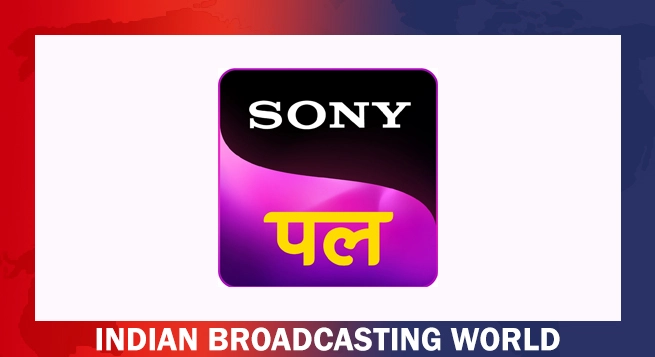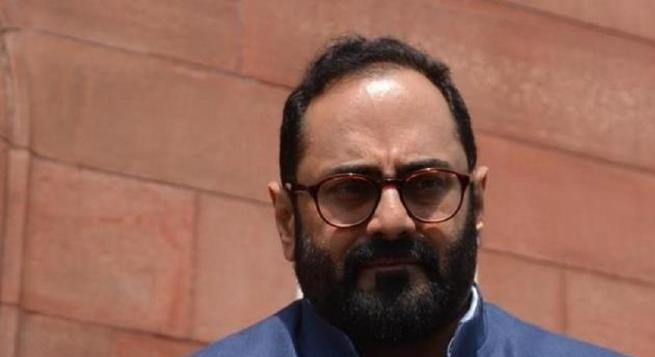Rajeev Chandrasekhar, Minister of State for Electronics and IT, issued a warning yesterday to Big Tech companies such as Meta-owned WhatsApp about alleged breaches of users’ personal data privacy.
Chandrasekhar was responding to a tweet from Twitter engineer Foad Dabiri, who claimed that WhatsApp has been using the microphone in the background.
“What happened while I was sleeping and since I woke up at 6 a.m. (and that’s just a part of the timeline!)?” He made a post on the microblogging platform.
Chandrasekhar said that this is an “unacceptable breach and violation of privacy”.
“We will be examining this immediately and will act on any violation of privacy even as the new Digital Personal Data Protection bill #DPDP is being readied,” said the minister, as the country prepares its inclusive Digital India Act.
According to an IANS report, WhatsApp responded to the Twitter engineer’s claim late on Tuesday, saying it believes “this is a bug on Android that misattributes information in their Privacy Dashboard” and “have asked Google to investigate and remediate”.
“Users have complete control over their microphone settings. Once granted permission, WhatsApp only uses the microphone when a user is making a call or recording a voice note or video – and even then, these communications are protected by end-to-end encryption, so WhatsApp cannot hear them,” according to the Meta-owned platform.
The microphone issue occurred as WhatsApp users in India were perplexed by the volume of international spam calls they had received in the previous few days, putting many at risk of financial loss.
These spam calls with international numbers, mostly from African and Southeast Asian countries, as well as fake messages from unknown users, have flooded WhatsApp, leaving Indians with no choice but to share their ordeal on Twitter.
Meta-owned WhatsApp has close to 500 million users in India. Although the mobile numbers show country codes of Indonesia, Vietnam, Malaysia, and Ethiopia, these calls don’t need to be coming from these countries.
Most of these calls start with +251 (Ethiopia), +62 (Indonesia), +254 (Kenya), +84 (Vietnam), and other countries.
WhatsApp was yet to comment on the growing fake spam calls on its platform.
 NBF issues another advisory to member TV news channels
NBF issues another advisory to member TV news channels  Govt directs OTT platforms to stop airing Pak content
Govt directs OTT platforms to stop airing Pak content  Netflix to have AI-powered iOS search in TV app revamp
Netflix to have AI-powered iOS search in TV app revamp  India sets up panel to review copyrights laws, AI disputes
India sets up panel to review copyrights laws, AI disputes  ZEEL appoints Rohit Suri as Chief Human Resource Officer
ZEEL appoints Rohit Suri as Chief Human Resource Officer  Ved Prakash Sharma’s bestselling novels to get film adaptations
Ved Prakash Sharma’s bestselling novels to get film adaptations  Ultra Play celebrates iconic Bollywood mothers with content lineup
Ultra Play celebrates iconic Bollywood mothers with content lineup  Sony PAL records 15.6% weekly reach in Week 17: BARC Report
Sony PAL records 15.6% weekly reach in Week 17: BARC Report  Dolby announces Mother’s Day special content lineup
Dolby announces Mother’s Day special content lineup 








